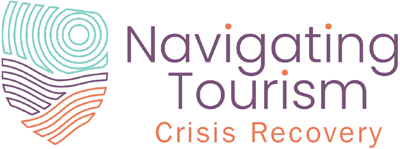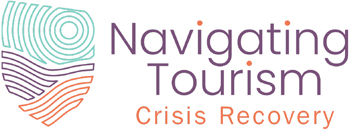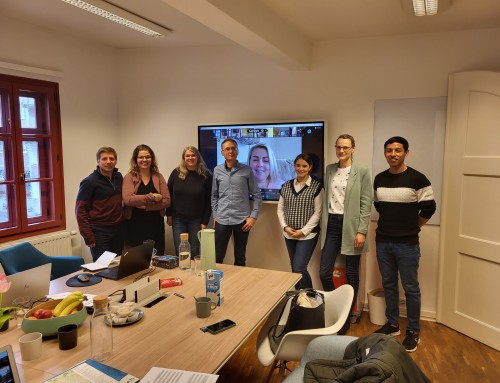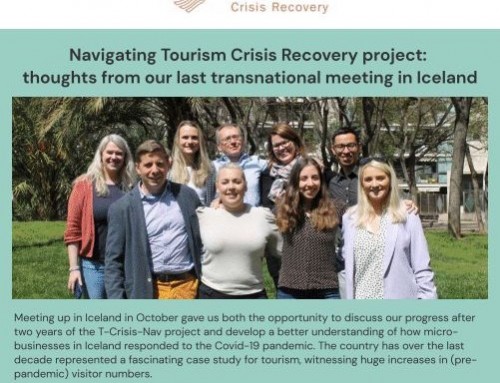Is tourism an interesting field of work after the COVID-19 pandemic?
With massive layoffs in tourism to respond to the drop in tourism numbers and the uncertainty that followed the COVID-19 pandemic, the question arises whether the tourism industry’s reputation and trust have been somewhat damaged.
When tourism numbers started to rise again in 2021, many tourism enterprises faced recruitment problems. Research on the experience of employees in the tourism industry during the coronavirus epidemic reveal that employees felt it was important that managers acknowledged the seriousness of the situation and there was a great demand for reliable information[1]. This indicates that employees felt that they were somewhat left in the dark during the crisis. The attitudes and experiences of employees can influence their willingness to return to work in the tourism industry after the epidemic[2]. It is important for tourism companies to build a good relationship with key employees and look for ways to strengthen their perseverance. If the positive culture of companies is nurtured, their employees are more likely to show perseverance when the going gets tough[3]. Research has shown that in order to enhance the perseverance of employees, it is important that they feel safe in the workplace and that communication is characterized by trust, honesty and respect[4]. Employees need to have both the confidence and the power to make decisions that enhance the company’s ability to cope with difficult times[5]. Targeted continuing and re-education training can be important for increasing job satisfaction and thus perseverance.
Tourism companies face the challenge of attracting strong and skilled staff. This will not happen unless the industry can offer good jobs and interesting ways of career development. It is important to study the image of tourism as a field of work, not least among young people. In research on job satisfaction of employees in the tourism industry, it is also important to analyse the factors that affect employee turnover and employees’ intentions to change jobs / industries.
[1] Orangefiery, 2020, Tudoran, 2021; Mansour, Holmes, Butler & Ananthram, 2019; Guzzo, Wang, Madera & Abbott, 2021
[2] Kimbu, Adam, Dayour & de Jong, 2021
[3] Hall, Prayag & Amore, 2017; Prayag, Spector, Orchiston & Chowdury, 2020
[4] Mansour, et.al. 2019; Guzzo et. al., 2021; Orangefiery, 2020
[5] Hall et. al., 2017





